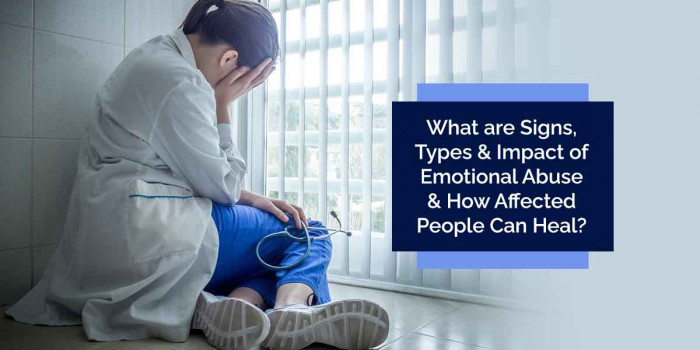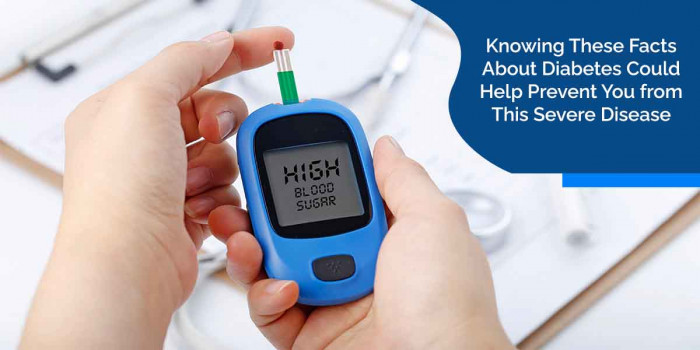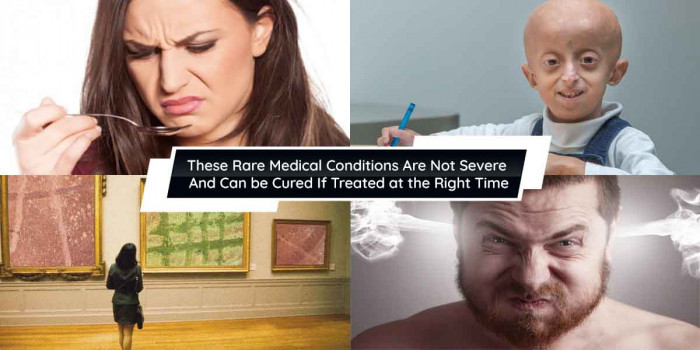10 Signs & Symptoms That Show Your Blood Has Low Levels of Vitamin D
An essential vitamin ‘Vitamin D’ should be consumed in a daily diet to avoid any diseases that may occur due to its deficiency. Know the symptoms of Vitamin D deficiency here.
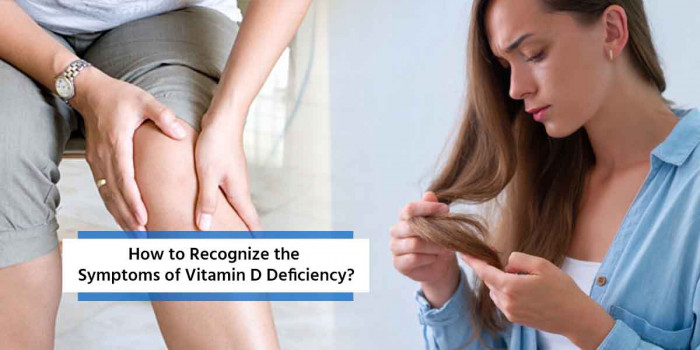
You know that your body needs different vitamins and minerals so that it functions properly. These vital nutrients play myriad roles for various systems of your body like they help in strengthening bones, healing wounds, improving the immune system, regulating blood sugar level, and many more.
And Vitamin D is one of the most vital vitamins for the body as it helps in absorbing calcium, which is a must for good growth of bones. It also protects the body from general infections and cold and fights against depression.
If your body is incapable of absorbing vitamin D, or you spend little time under the Sun, then you might end up with the insufficiency of this Vitamin. So here are the signs and symptoms that are an indicator of Vitamin D deficiency.
1. Depression
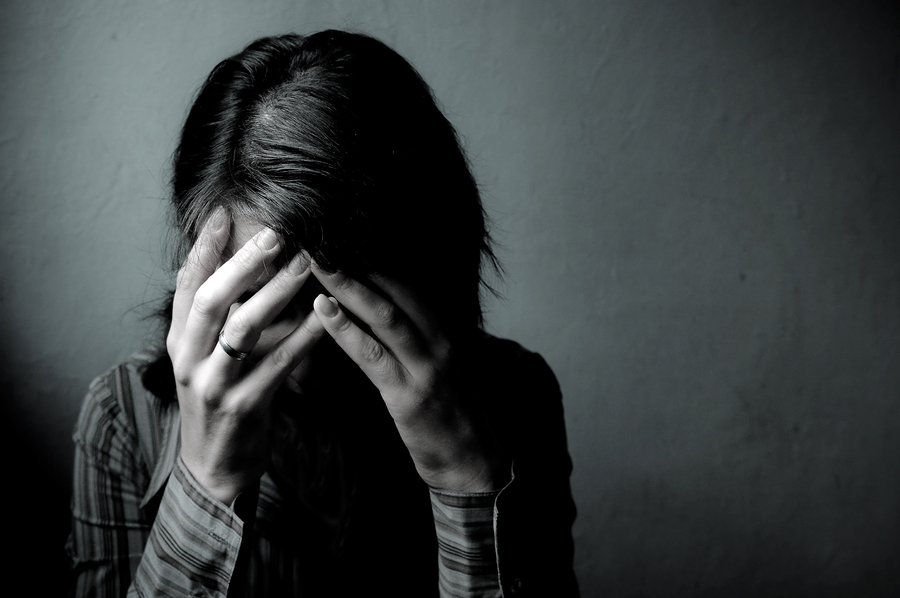
It is found that people with vitamin D deficiency are generally more depressed and sad than others. Also, certain studies show that vitamin D supplementing can help vitamin D deficient people in depression, including seasonal depression that happens during the colder months.
2. Muscle and Bone Weakness
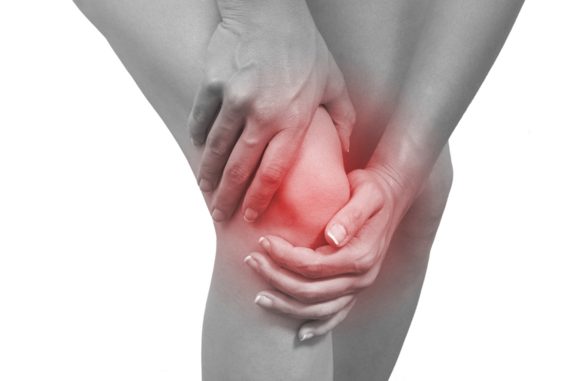
Vitamin D is considered the most important element for the development of bones. So if you have vitamin D deficiency, you will have myopathy and thus experience fragility in your muscles or bones as a result. Vitamin D supplementation can help in reversing this condition and improving balance.
3. Fatigue and Sleepiness

If you feel lethargic all day long or feel like you have very low energy, then this is an indication of Vitamin D deficiency. Sleep apnea is another symptom that may be caused due to a lack of this vitamin.
4. Sense of Pain
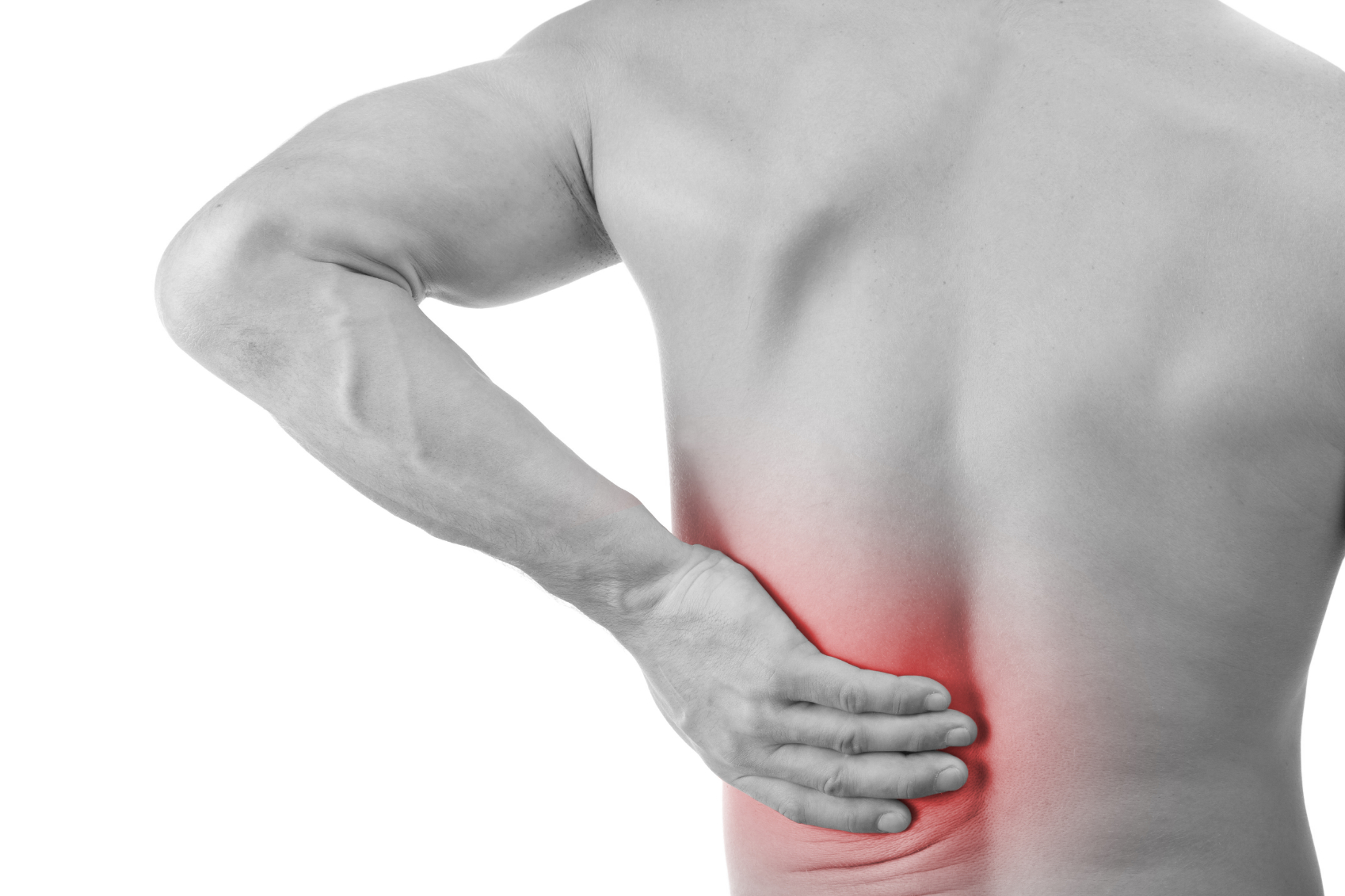
People lacking vitamin D are more sensitive to chronic pain. Gum problems like reddening of gums, swelling, and bleeding show signs of vitamin D deficiency. Also, bone pain (in legs, joints, and ribs), back pain, and painful calcium deposits (hypercalcemia) can be a result.
Vitamin D’s anti-inflammatory properties may help lower pain levels in cancer patients when they are supplemented. It can also aid in reducing knee and hip pain.
5. Mood Swings

The level of vitamin D affects the production of serotonin, which is a hormone that has a direct impact on your mood and eventually leads to mood swings.
6. Obesity
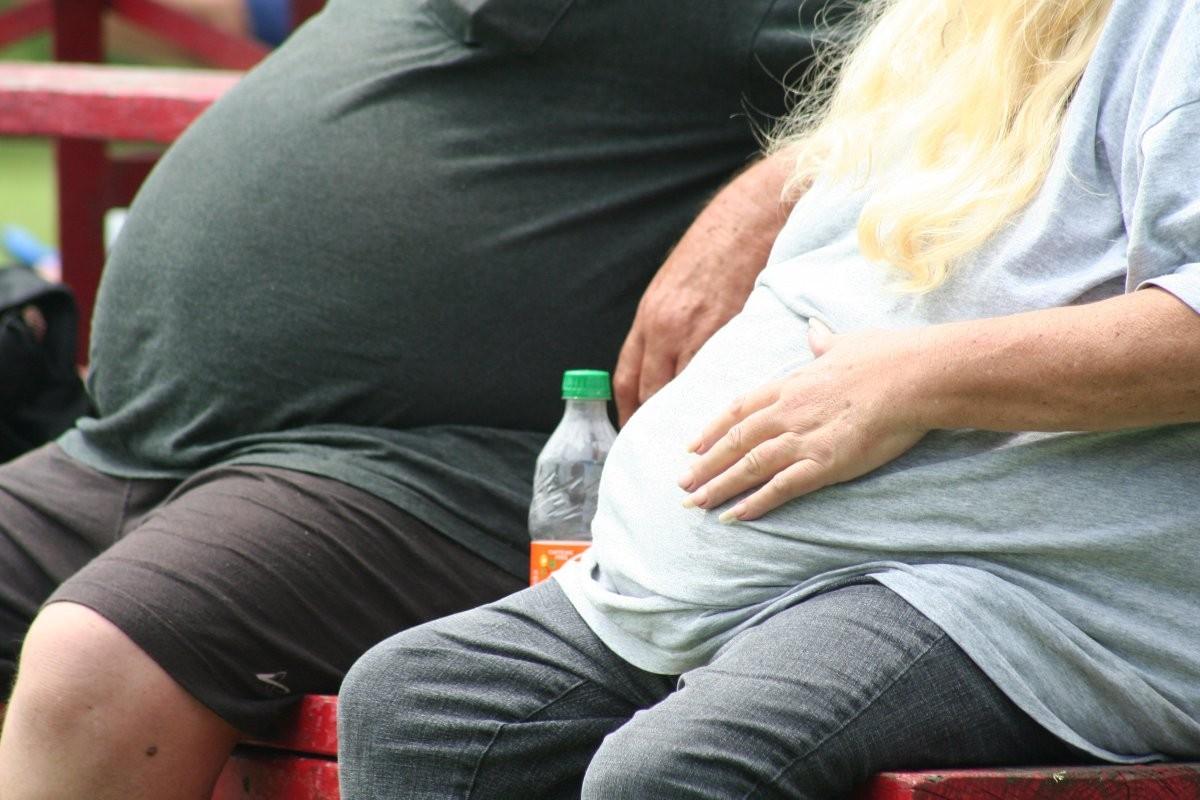
Vitamin D is one fat-soluble vitamin other than Vitamins A, K, and E. The fat cells of the bodies of overweight or obese people need a larger amount of this vitamin.
In a study having more than 500 adults, it was discovered that Vitamin D deficiency has a link with higher fat mass, but only in people having elevated parathyroid hormone (PTH), indicating that the cause may lie in controlling this level.
7. Low Physical Tolerance

Athletes having vitamin D deficiency do not have enough energy to perform at their best, and thus their performance or work may get degraded.
8. Gut Problems
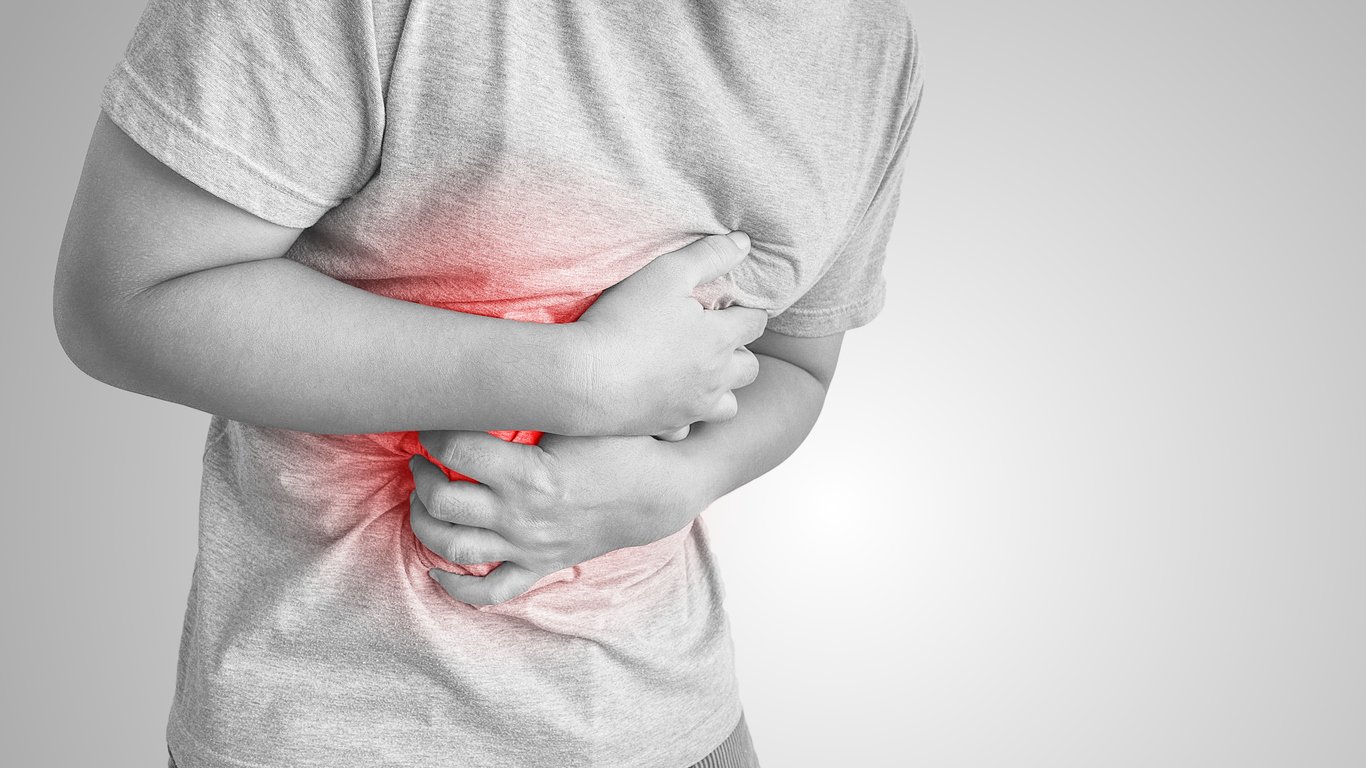
People with bowel sickness and sensitive gluten cannot absorb fat normally, and the gut problem is also a sign of vitamin D deficiency.
9. Sweating

An early sign of lacking vitamin D in the blood is extra sweating in the head.
10. Hair Loss
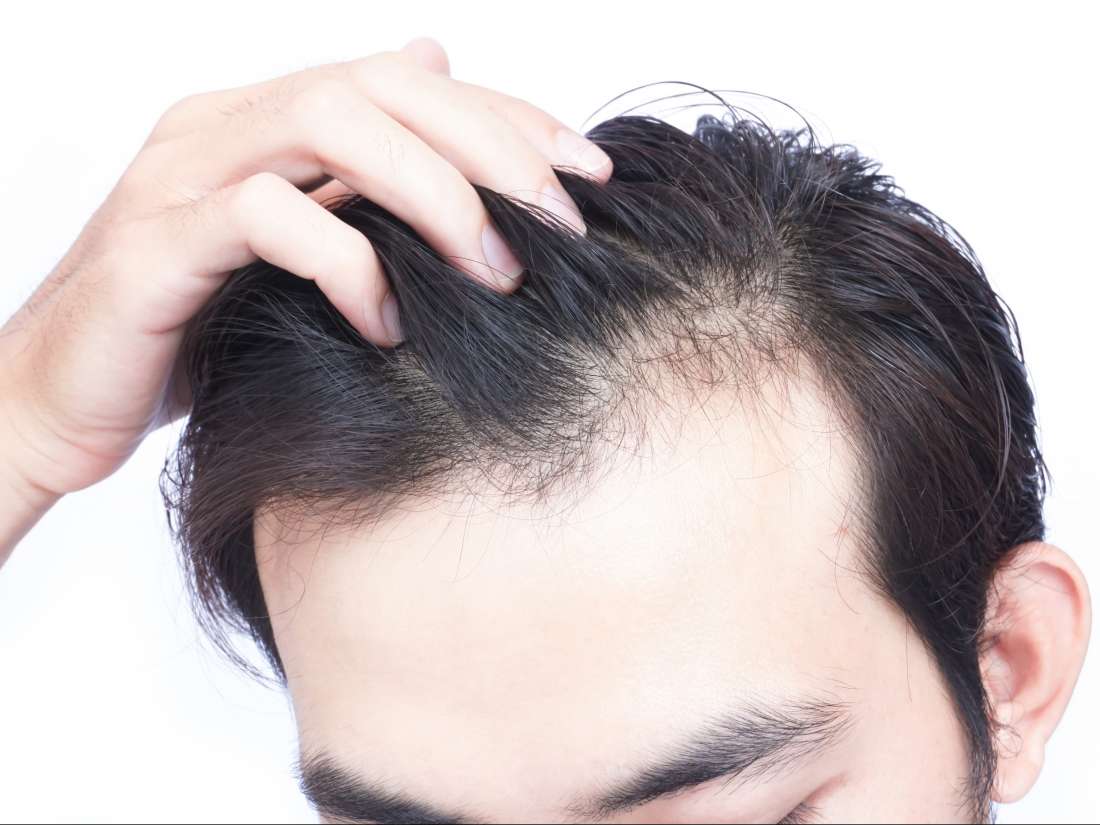
Hair loss is usually caused due to stress, but when it occurs severely, it could be a sign of nutrient or Vitamin D deficiency. Severe loss of hair could happen from the head and other body parts. Low levels of Vitamin D are a risk factor for developing alopecia areata.
Concluding Thoughts
Consider the above signs and symptoms to avoid diseases like rickets and others and do include Vitamin-D rich food sources in your diet to fulfill the daily requirement or sit in the sun for about 10-15 minutes.
You can get Vitamin D through diet, exposure to sunlight, and over-the-counter supplements. In your daily diet, make sure you have fortified foods, animal foods, and plant foods to overcome Vitamin D deficiency.
Also called the “sunshine vitamin,” Vitamin D is formed from cholesterol (which absorbs UV B radiation and converts to pre-vitamin D3 that eventually isomerizes into vitamin D3) when your skin is exposed to sunlight.
Moreover, consult a good doctor if you experience any of the Vitamin D deficiency symptoms for expert assistance.
Popular Posts
10 Amazing Lessons You Should Learn From Mr Olympia Jeremy Buendia
Jeremy Buendia is an fitness inspiration for people from all over the world, there is a reason why he has been so successful at what he has been doing. Don’t look for the reasons take some lessons from the fitness sensation right here, that can change your lives.
Ethan Stephans
Why Are Pubic Hair Thicker Than Body Hair?
As children we always had several questions about our bodies, which were alien to us, this post is to serve a decade-long curiosity of young boys/girls about their pubic hair and its texture.
Augustus Perez
7 Sleeping Tips That Every Woman Should Follow During Pregnancy
Pregnancy is not easy. Pregnant women experience a lot of changes in their bodies, like increased stomach size, frequent urination, and sleeping discomfort.
Still Unfold






